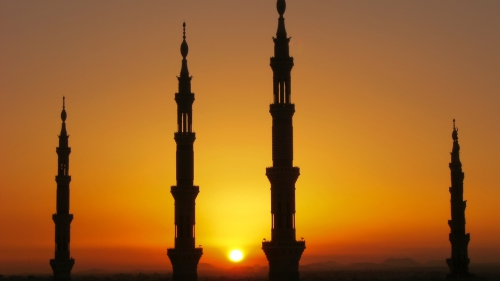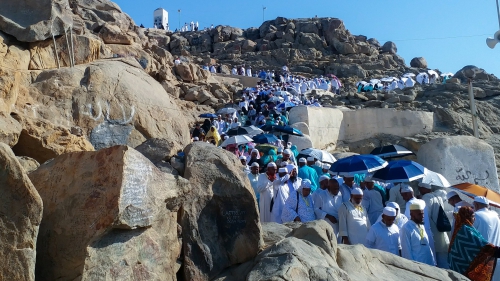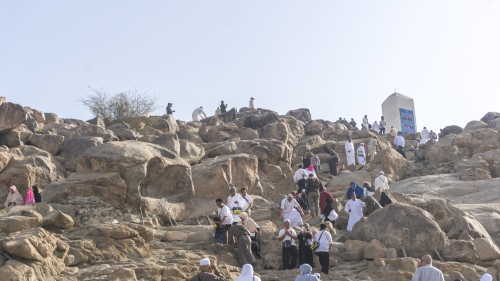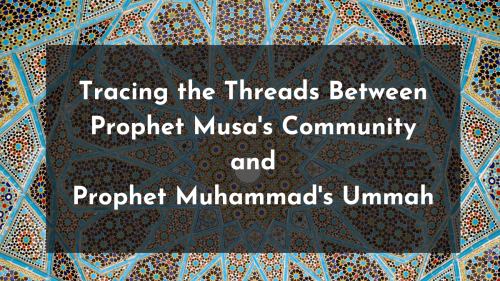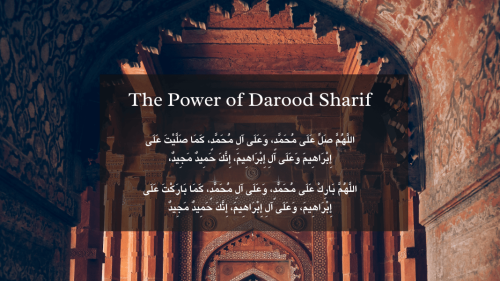Prophet Muhammad's Promise to Christians

Muslims and Christians together constitute over fifty percent of the world and if they lived in peace, we will be half way to world peace. One small step that we can take towards fostering Muslim-Christian harmony is to tell and retell positive stories and abstain from mutual demonization.
In this article I propose to remind both Muslims and Christians about a promise that Prophet Muhammed (pbuh) made to Christians. The knowledge of this promise can have enormous impact on Muslim conduct towards Christians. Muslims generally respect the precedent of their Prophet and try to practice it in their lives.
In 628 AD, a delegation from St. Catherine's Monastery came to Prophet Muhammed and requested his protection. He responded by granting them a charter of rights, which I reproduce below in its entirety. St. Catherine's Monastery is located at the foot of Mt. Sinai and is the world's oldest monastery. It possess a huge collection of Christian manuscripts, second only to the Vatican, and is a world heritage site. It also boasts the oldest collection of Christian icons. It is a treasure house of Christian history that has remained safe for 1400 years under Muslim protection.
The Promise to St. Catherine:
"This is a message from Muhammad ibn Abdullah, as a covenant to those who adopt Christianity, near and far, we are with them.
Verily I, the servants, the helpers, and my followers defend them, because Christians are my citizens; and by Allah! I hold out against anything that displeases them.
No compulsion is to be on them. Neither are their judges to be removed from their jobs nor their monks from their monasteries. No one is to destroy a house of their religion, to damage it, or to carry anything from it to the Muslims' houses.
Should anyone take any of these, he would spoil God's covenant and disobey His Prophet. Verily, they are my allies and have my secure charter against all that they hate.
No one is to force them to travel or to oblige them to fight. The Muslims are to fight for them. If a female Christian is married to a Muslim, it is not to take place without her approval. She is not to be prevented from visiting her church to pray. Their churches are to be respected. They are neither to be prevented from repairing them nor the sacredness of their covenants.
No one of the nation (Muslims) is to disobey the covenant till the Last Day (end of the world)."
The first and the final sentence of the charter are critical. They make the promise eternal and universal. Muhammed asserts that Muslims are with Christians near and far straight away rejecting any future attempts to limit the promise to St. Catherine alone. By ordering Muslims to obey it until the Day of Judgment the charter again undermines any future attempts to revoke the privileges. These rights are inalienable. Muhammed declared Christians, all of them, as his allies and he equated ill treatment of Christians with violating God's covenant.
A remarkable aspect of the charter is that it imposes no conditions on Christians for enjoying its privileges. It is enough that they are Christians. They are not required to alter their beliefs, they do not have to make any payments and they do not have any obligations. This is a charter of rights without any duties!
The document is not a modern human rights treaty but even thought it was penned in 628 A.D. it clearly protects the right to property, freedom of religion, freedom of work, and security of the person.
I know most readers, must be thinking so what? Well the answer is simple. Those who seek to foster discord among Muslims and Christians focus on issues that divide and emphasize areas of conflict. But when resources such as Muhammad's promise to Christians is invoked and highlighted it builds bridges. It inspires Muslims to rise above communal intolerance and engenders good will in Christians who might be nursing fear of Islam or Muslims.
When I look at Islamic sources, I find in them unprecedented examples of religious tolerance and inclusiveness. They make me want to become a better person. I think the capacity to seek good and do good inheres in all of us. When we subdue this predisposition towards the good, we deny our fundamental humanity. In this holiday season, I hope all of us can find time to look for something positive and worthy of appreciation in the values, cultures and histories of other peoples.
Dr. Muqtedar Khan is Director of Islamic Studies at the University of Delaware and a fellow of the Institute for Social Policy and Understanding., www.ijtihad.org
Topics: Christians, Prophet Muhammad (S)
Views: 25019
Related Suggestions
Dr Khan must also be aware that this letter is in conflict at several points with classical Islamic sources, including the Koran.
Dr Khan asserts, on the basis of the Mt Sinai letter, that Christians 'do not have to make any payments' for living in peace with Muslims. However he does not mention that the Koran commands the imposition of a tax (known as jizya) upon conquered non-Muslims (Sura 9:29), and this was incorporated into Islamic law. Also, although the letter states that Christians were to be allowed to repair their churches, the orthodox Islamic position was that churches were not allowed to be repaired after conquest. This was based upon the Pact of Umar, which has been relied upon by many great Muslim commentators and jurists. Dr Khan's evident good will and positive story, it is the authority of the Koran and accepted sources such as the Pact of Umar which have shaped Islamic law and affected the destiny.
The article is good to promote interfaith dialogue which is vital in today's age. I do know that Prophet Muhammad (SAW) lived amicably with the jews and christians in the Medina society so why cant we interact today.
Is such a message found in any hadiths by the reporters?
I will truly appreciate that. This article is a form of compromise
Wasalam Alaikun
Few contrasts at the fundamental level relating to the person of Jesus Christ make the two people suspicious against each other, for corrupting each other. But even in this, agreement to the source of revealed Scriptures brings the full settlement of suspicion and disputes arising thereby so that one is not made to look at the other as defender and savior but each is neighbor to the other with obligation to one another to live in harmony and peace. Peace.
Few contrasts at the fundamental level relating to the person of Jesus Christ make the two suspicious against each other. But even in this, agreement to the source of revealed Scriptures brings the full settlement of suspicion and disputes arising thereby so that one is not made to look at the other as defender and savior but each is a neighbor to the other with obligation to one another to live in peace. Peace.
Something fundamental is glaringly missing here:
references of the charter sources. Where does the
author find this incident and charter? I have been
reading the hadith and islamic history but have
never come across this saying of the prophet peace
be upon him. Besides, mount Sinai was not under
muslim control at the time of the prophet pbuh.
This calls for a clear and comprehensive
explanation.
Jazaka Allah kheir
Cherif
I would love to get emailed([email protected])the Arabic or directed to an online Arabic copy of this letter. It would be great for Interfaith Dialogue and respect promoting purposes.
A wonderful article.
is our example that should trigger the curiosity of others and
encourage them to seek the truth about our beautiful religion.







